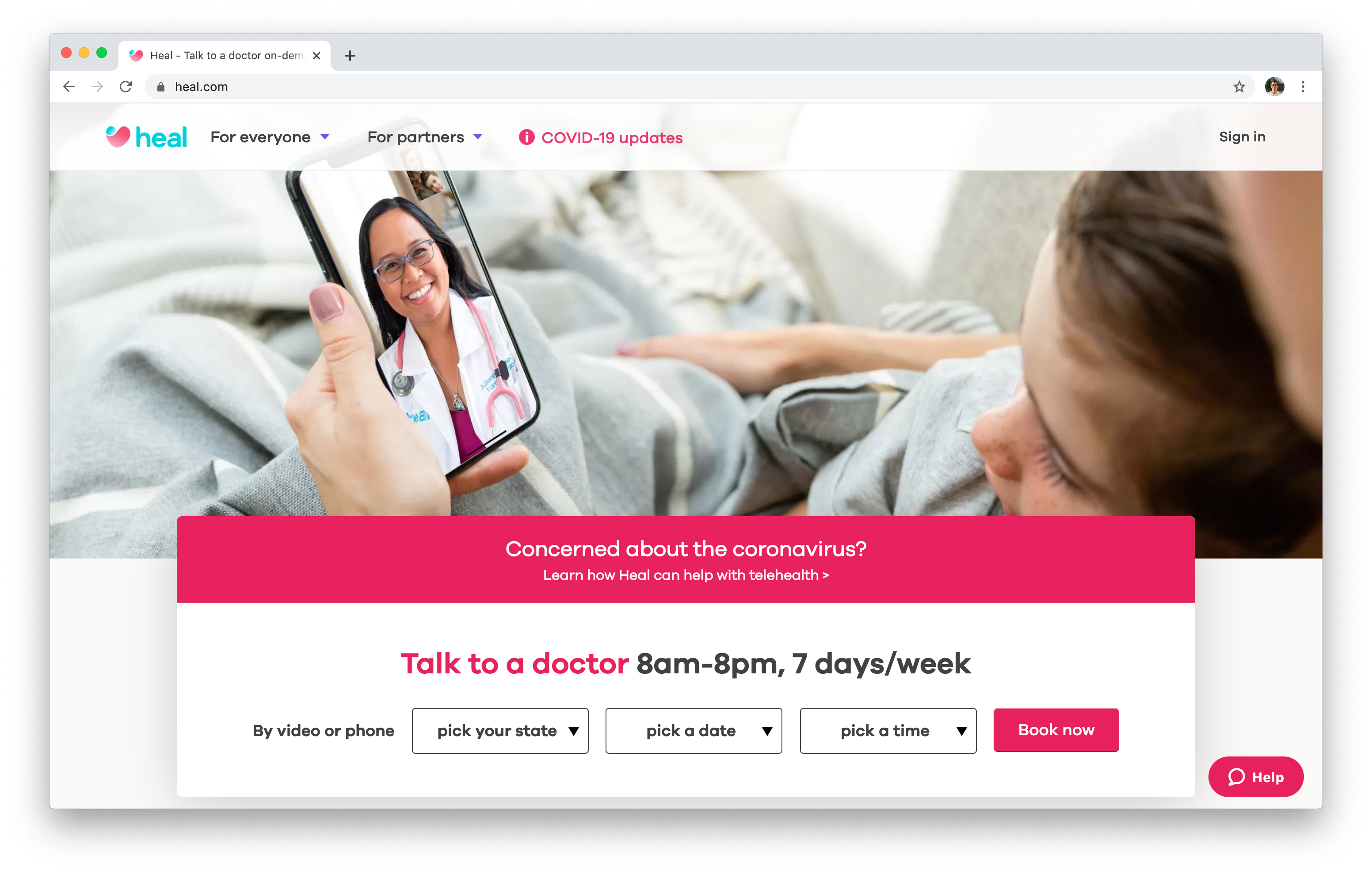Comprehending the Cost-Effectiveness of Subscription-Based Medical Care Designs
As the medical care landscape advances, subscription-based models arise as an engaging option, assuring to redefine just how individuals manage medical expenditures. Reviewing these models' cost-effectiveness requires a nuanced contrast with standard insurance, considering both monetary effects and individual fulfillment. While they offer openness and predictability in costs, inquiries stay concerning their capability to fulfill varied medical care needs, especially for specialized treatments. The viewpoints of health care companies better complicate this equation, offering a complex challenge. What does the future hold for these designs, and can they really provide on their assurance of accessible, budget friendly care?
Review of Subscription-Based Models
Subscription-based healthcare designs, in some cases described as direct medical care or concierge medicine, are significantly getting attention as a possible service to inefficiencies within standard health care systems. These versions operate the principle of offering individuals straight access to doctor via a regular monthly or yearly charge, bypassing the requirement for conventional insurance systems. This arrangement intends to improve patient-provider communications by lowering management worries, which typically impede timely and tailored care.
At the core of subscription-based designs is the focus on a more personalized patient experience. People benefit from improved accessibility to their doctors, commonly including same-day or next-day visits, expanded appointment times, and straight interaction channels such as phone or video clip calls. This model cultivates a proactive technique to medical care, where service providers and patients can collaboratively concentrate on preventative care and chronic condition management.

Cost Contrast With Standard Insurance Policy

One of the key financial benefits of registration versions is openness in prices. Alternatively, conventional insurance may be extra useful for people requiring specialized care or expensive therapies not covered under a subscription design, as they profit from the wider protection network and cost-sharing devices.
Nonetheless, cost-effectiveness is context-dependent. While membership models might supply cost savings for those mainly needing health care, individuals with chronic problems or specialized medical care requirements might locate typical insurance a lot more extensive. Assessing certain medical care requirements and potential use is important in figuring out the most economical choice for individuals.
Influence On Individual Complete Satisfaction
Individual contentment within subscription-based medical care versions commonly shows a substantial improvement over standard insurance systems. Unlike conventional systems, where individuals may experience delays in receiving care, subscription-based versions guarantee even more timely and direct interactions with healthcare companies.
Moreover, the openness in costs connected with subscription-based health care minimizes the usual frustrations connected to unexpected charges and complex billing procedures seen in standard insurance coverage (subscription based healthcare). Individuals appreciate recognizing the exact financial commitment upfront, bring about increased count on and confidence in their medical care management
In addition, the emphasis on preventive treatment and health in registration designs contributes to boosted health and wellness end results, better boosting person fulfillment. By concentrating on ongoing health care as opposed to anecdotal care, patients experience a more continuous and alternative healthcare trip.
Furthermore, the improved provider-patient partnership promoted in these designs, defined by even more time spent per person and tailored interest, plays a vital duty in boosting patient complete satisfaction degrees, as individuals really feel really looked after and recognized.
Supplier Experiences and viewpoints
From the carrier's point of view, subscription-based health care versions supply a transformative strategy to supplying clinical solutions. These models emphasize a preventative and proactive health care approach, enabling service providers to concentrate on comprehensive client treatment without the restraints of conventional fee-for-service setups (subscription based healthcare). This shift in emphasis often results in boosted patient end results and boosted carrier fulfillment, as healthcare visit this site professionals can allocate even more time and resources to person engagement and customized treatment strategies
In addition, subscription versions assist in foreseeable earnings streams, which boost monetary stability for doctor. This predictability permits enhanced resource planning and allowance, adding to a much more reliable health care distribution system. Carriers can purchase staff modern technology, training, and framework improvements, thereby enhancing the high quality of treatment supplied.
Nonetheless, the shift to subscription-based models is not without obstacles. Regardless of these hurdles, numerous companies locate that the advantages of increased individual interaction and streamlined operations exceed the initial obstacles, making subscription-based models an appealing option.
Future Leads and Obstacles

A main obstacle is governing compliance, as subscription models need to comply with evolving medical care policies and insurance needs. This requires continuous adaptation and innovation to make certain positioning with legal criteria. In addition, integrating these models Read More Here into existing medical care infrastructures can be complex, needing substantial financial investments in modern technology and training.
There is additionally the prospective danger of producing injustices in medical care access, as membership designs may favor those who can manage them, leaving susceptible populations underserved. Addressing this needs thoughtful consideration of pricing approaches and aid mechanisms to ensure inclusivity.
Conclusion
Subscription-based healthcare designs provide a feasible choice to typical insurance policy by using monetary predictability and openness, especially benefiting people with persistent problems or constant health care needs. The cost-effectiveness of these designs is contingent upon specific health care usage patterns and scenarios.
Subscription-based healthcare models, occasionally referred to as straight key care or attendant medication, are progressively gaining interest as a prospective solution to inadequacies within conventional medical care systems. Unlike typical systems, where clients could experience delays in obtaining care, subscription-based models ensure more direct and prompt interactions with healthcare suppliers.
These versions stress a proactive and preventative healthcare approach, enabling service providers to focus on thorough person treatment without the restraints of typical fee-for-service arrangements. As these models continue to obtain grip, they supply the potential to transform client access to care, simplify service distribution, and maximize healthcare spending.Subscription-based healthcare designs present a feasible alternative to typical insurance by using financial predictability and openness, especially profiting people with chronic problems or regular medical care requirements.